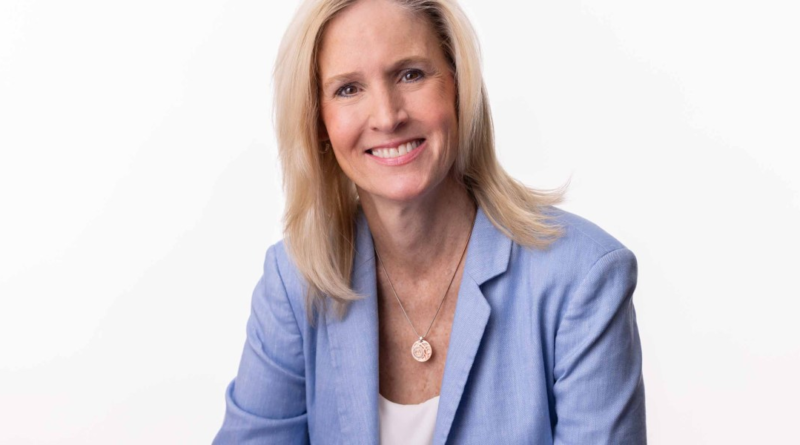Alzheimer’s made my mom unable to recognize her grandkids. Breakthroughs too late for her can change the disease’s trajectory—if diagnosis and treatment start early
My mother, Margaret, was the heart of our family. When my twins were born prematurely, she moved in with us to help care for them. Her support allowed me to take on being new mom of two and a busy career during a challenging time. And her selflessness stayed with me as I helped care for her later in life when she needed it most.
Mom was healthy and active in her late fifties when she first began showing signs of cognitive impairment. Within a few years, Alzheimer’s disease stole her joy for cooking, love of music, and ability to recognize her grandchildren.
My father, sisters, and I shared caregiver duties, watching her with vigilance, and balancing a new dynamic in our family. I found myself sleeping on my mother’s bedroom floor to prevent her from wandering in the night. We were a private family and did not discuss my mom’s illness very much outside our immediate circle. When caring for her, our world became small, our routine focused on keeping her safe. My sisters and I wondered, Will we be next?
It would be different if my mom were diagnosed today. Nearly two decades later, we know so much more about this disease. Improvements in detection, diagnosis, and medicines are offering new hope for slowing its progression.
Studies have confirmed we have the greatest opportunity to impact this disease in its earliest stages, when some people may initially show only subtle changes in memory and thinking that differ from normal aging. People at this state, often with mild cognitive impairment, may encounter minor challenges in everyday living, and may be younger and appear healthier than society has traditionally portrayed.
Innovations in diagnostics are now able to identify underlying disease pathology—clumps of amyloid plaques in the brain. And emerging blood tests hold promise to speed and simplify diagnosis with remarkable accuracy. Just years ago, for patients like my mom, a confirmed diagnosis wasn’t even possible until after death.
Changing perceptions of Alzheimer’s disease
Moving forward, it will take all of us—people with Alzheimer’s disease, providers, and families—to change how we view this disease and how we treat it.
More people need to be aware about the importance of the early detection of symptoms, often in the primary care setting, and reducing the stigma surrounding the disease so that more people are diagnosed. Today it can take more than two years on average to diagnose Alzheimer’s after the first symptom is detected. We need health care providers to include cognitive assessments and advanced diagnostics routinely in their clinical practice when Alzheimer’s disease is suspected. And, we must advocate for access and reimbursement for diagnostic tests as well as treatments.
We need greater equity across disease states, races, genders, and generations. Promoting available and affordable options across geographic and socioeconomic boundaries and allowing care close to home should be a priority. As a new generation of caregivers begin to take responsibility for their mothers, fathers, and families, we should make sure these newly diagnosed individuals are helped as early in their disease as possible.
The progress we are now realizing will lead to more investment and research in Alzheimer’s disease that will unlock further understanding and open the door to address other neurodegenerative conditions. This moment will be a catalyst to drive progress toward understanding diseases such as ALS, Parkinson’s, and multiple sclerosis. This is all within our reach: What were breakthroughs in science and care in cancer and cardiovascular disease in previous decades are now routine in how we treat these patients today. The same can be true in neurodegenerative disease.
Looking back on my mom’s experience, I remain deeply grateful that she continued to recognize my dad, my sisters, and me through the end of her life. When I held her hand and looked into her eyes as she passed away, I found comfort in knowing that she did not see a stranger, but a loving daughter who had felt a lifetime of love and care.
Scientific breakthroughs came too late for my mom. but they are not too late for people diagnosed today. The story of Alzheimer’s is now being rewritten. We have the chance to truly change the trajectory of this disease for many people, and we need to act with urgency to help them and those that love them. I would have given so much to have more time with my mom, and I am so glad that many families now have that chance for more time.
More must-read commentary published by Fortune:
The opinions expressed in Fortune.com commentary pieces are solely the views of their authors and do not necessarily reflect the opinions and beliefs of Fortune.



